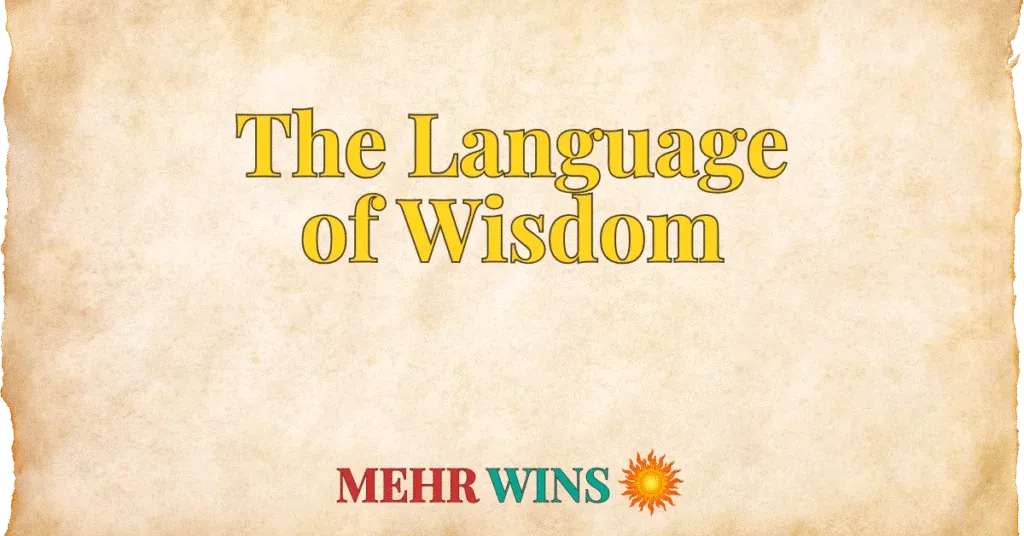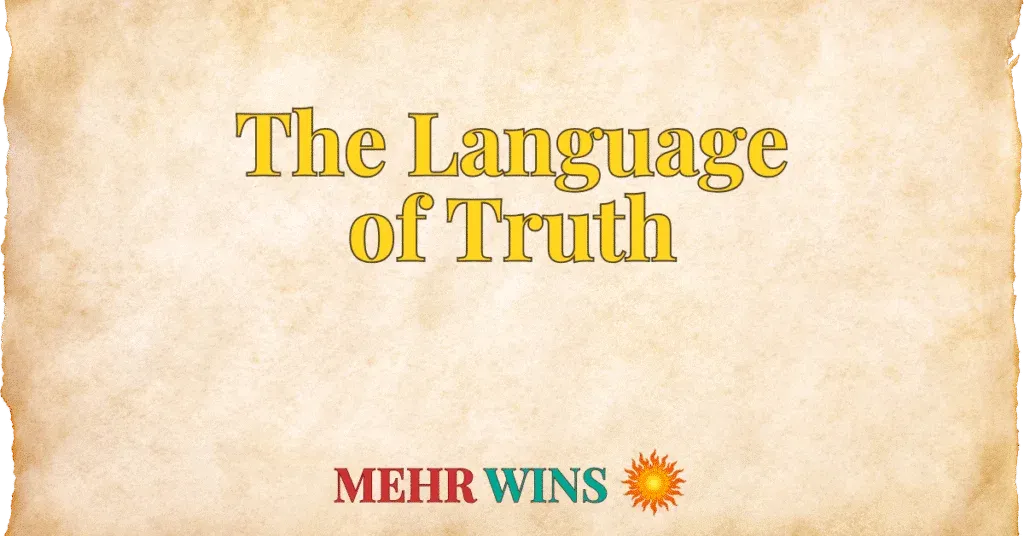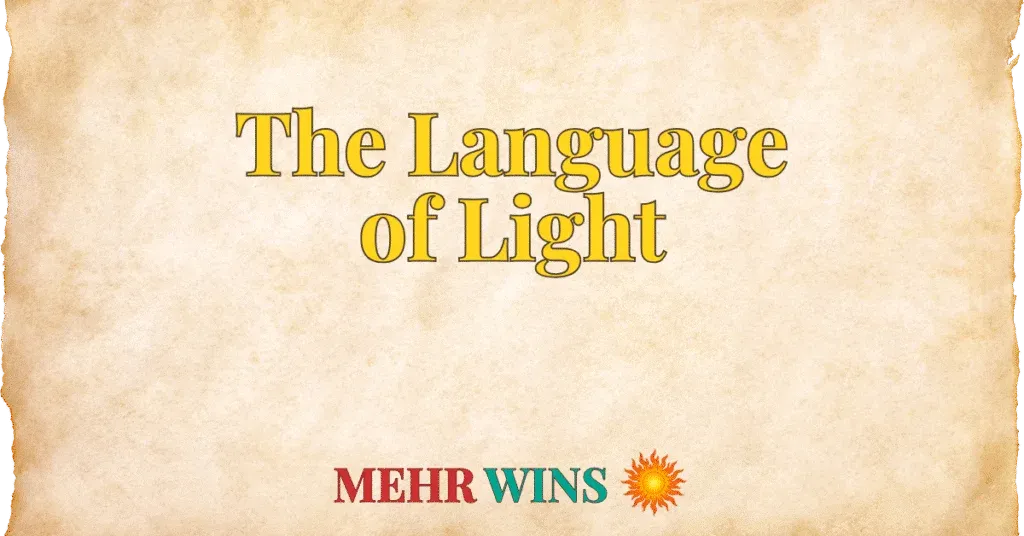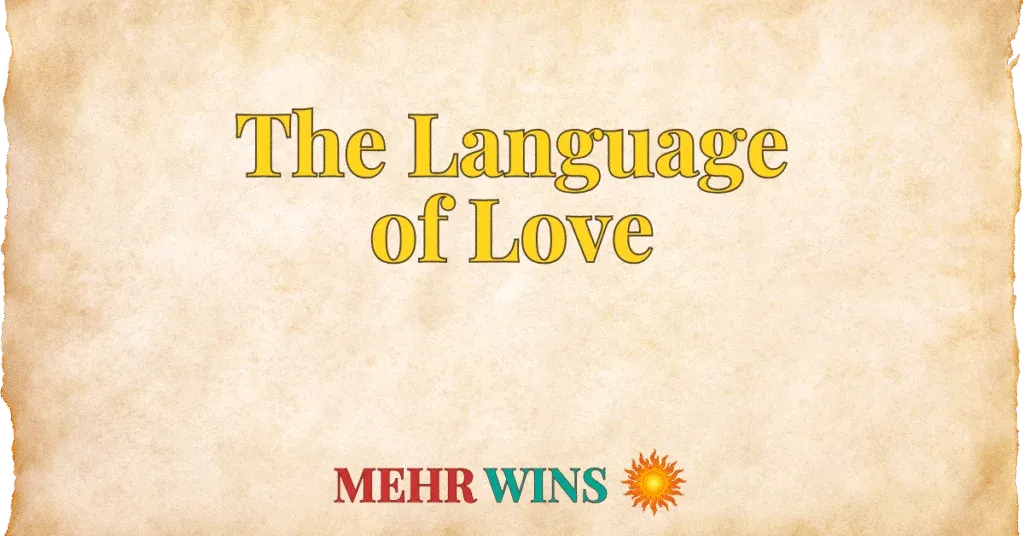
At the heart of a truly discerning life, wisdom is far more than simply knowing facts; it is a profound way of being that illuminates every path. It is the clarity that cuts through confusion, the keen discernment that sharpens our choices, and the profound insight that enriches our everyday lives. This guiding force blossoms through deep reflection, rich experience, and the heartfelt intention to integrate both intellect and intuition. Rooted in a deep philosophical and mystical heritage, Persian offers many layered expressions of this essential inner guidance. These ten Persian words reflect the enduring power of wisdom, beautifully aligned with the deeper truths this work seeks to illuminate and inspire a more meaningful existence.
1. حکمت Hekmat (hek–mat) – Wisdom, Sagacity, Divine Wisdom
Hekmat is often seen as a profound, often divine, wisdom that guides moral action and deep understanding.
It is sagacity that transcends mere knowledge, leading to right conduct and insightful living.
Example: “His decisions were always rooted in hekmat, benefiting everyone around him.”
2. خرد Khirad (khe–rad) – Intellect, Inherent Wisdom, Sound Judgment
Khirad refers to innate or inherent wisdom and a sound intellect, embodying rational thought and discernment.
It’s the inner faculty that allows for wise judgment and understanding.
Example: “She approached every problem with calm khirad, finding simple solutions.”
3. عقل Aql (aq–l) – Reason, Intellect, Practical Discernment
Aql denotes reason and intellectual capacity, often emphasizing practical wisdom and the ability to distinguish right from wrong.
It’s the discerning intellect applied to daily life.
Example: “He used his aql to make a logical and fair decision.”
4. دانش Dānesh (dah–nesh) – Knowledge, Learning, Information
Dānesh is accumulated knowledge and learning, serving as the foundational building blocks upon which true wisdom is built.
It’s the information gathered through study and experience.
Example: “Her vast dānesh on ancient cultures was truly impressive.”
5. فهم Fahm (fahm) – Comprehension, Understanding, Grasp
Fahm signifies a deep comprehension and understanding, going beyond mere facts to grasp the underlying meaning or essence of things.
It’s the depth that turns knowledge into insight.
Example: “There was a profound fahm in her eyes as she listened to his story.”
6. اندیشه Andīsheh (an–dee–sheh) – Thought, Contemplation, Reflection
Andīsheh is the act of deep thought and contemplation, the process through which wisdom is cultivated.
It’s the reflective space where insights are born and refined.
Example: “His quiet andīsheh often led to groundbreaking ideas.”
7. تجربه Tajarobe (taj–ro–beh) – Experience
Tajarobe refers to lived experience, which is often considered the most vital source of practical wisdom.
It’s the lessons learned directly through trials, successes, and observations.
Example: “His wisdom wasn’t from books, but from years of tajarobe.”
8. آگاهی Agāhī (ah–gāh–hee) – Awareness, Consciousness, Mindfulness
Agāhī is a state of conscious awareness and mindfulness, a prerequisite for developing deeper wisdom.
It’s the attentiveness to oneself and the world around, fostering insight.
Example: “Through meditation, she cultivated a greater agāhī of her inner self.”
9. درایت Darāyat (da–rā–yat) – Acumen, Sagacity, Good Judgment
Darāyat describes keen insight and excellent judgment, often involving the ability to grasp complex situations quickly and make sound decisions.
It’s astute wisdom in action.
Example: “His darāyat allowed him to navigate the intricate negotiations with ease.”
10. عرفان Erfān (er–fān) – Gnosis, Mystical Insight, Spiritual Wisdom
Erfān refers to spiritual or mystical knowledge, a profound inner wisdom gained through direct experience or spiritual revelation.
It’s a deeper, often esoteric, form of insight.
Example: “The ancient texts spoke of erfān as the highest form of understanding.”
Pronunciation Note
To help with pronunciation, Persian transliterations often use the following consonant markers:
• gh – a throaty sound, like French r (غ / ق)
• kh – a deep “h” sound, like the ch in Bach (خ)
• zh – like the s in measure (ژ)
• sh – like sh in shine (ش)
• ch – like ch in cheese (چ)
Stressed syllables are shown in bold within the pronunciation.
Italicized words in parentheses reflect how to say the word phonetically.


